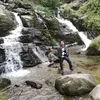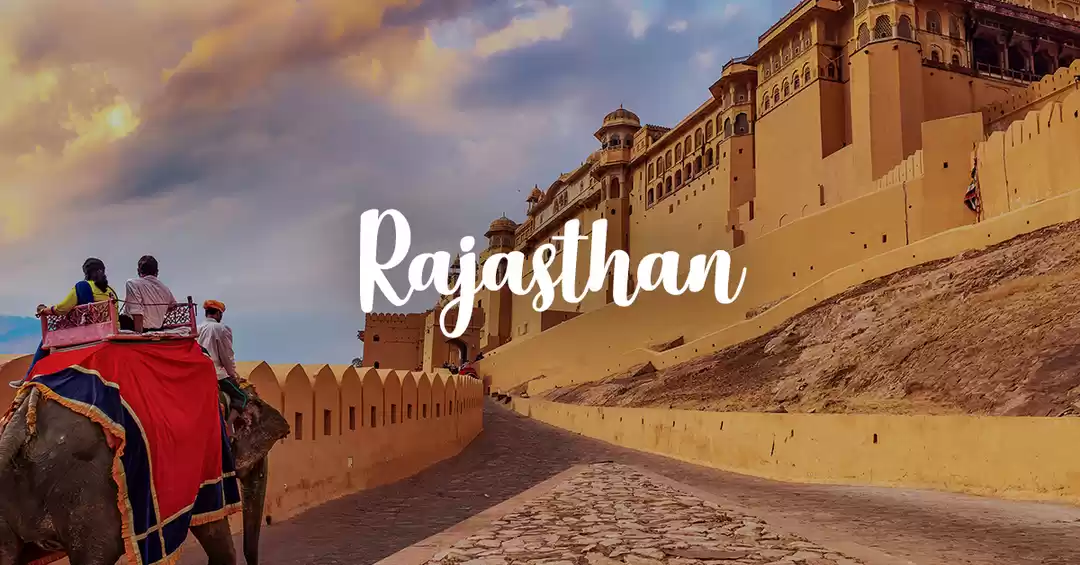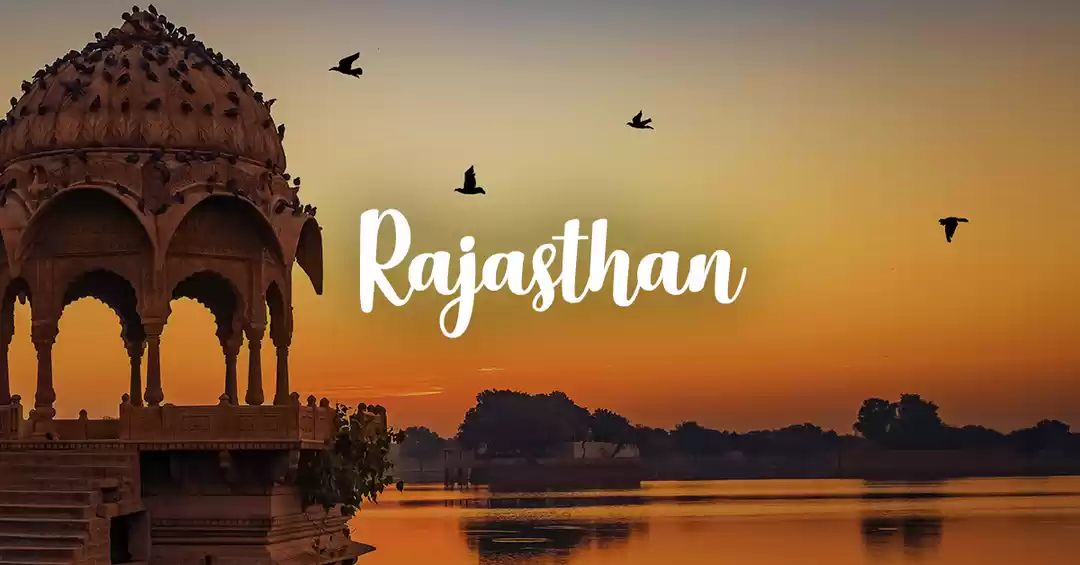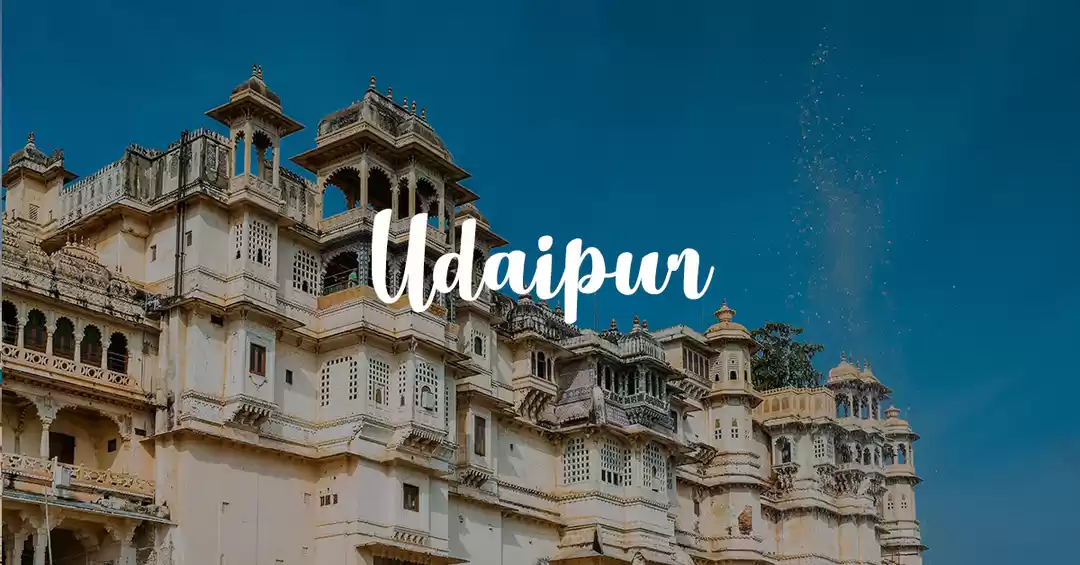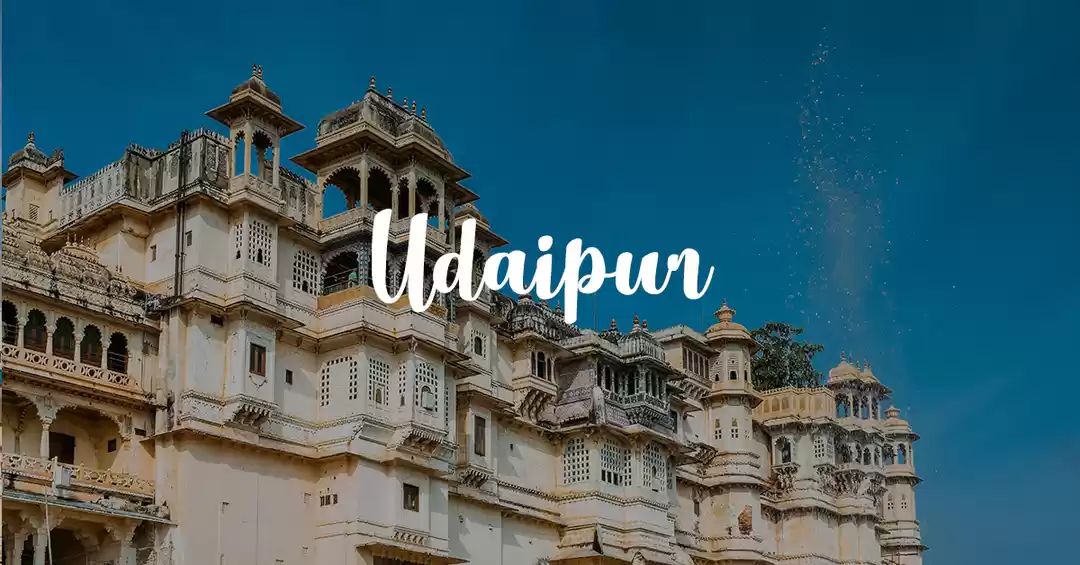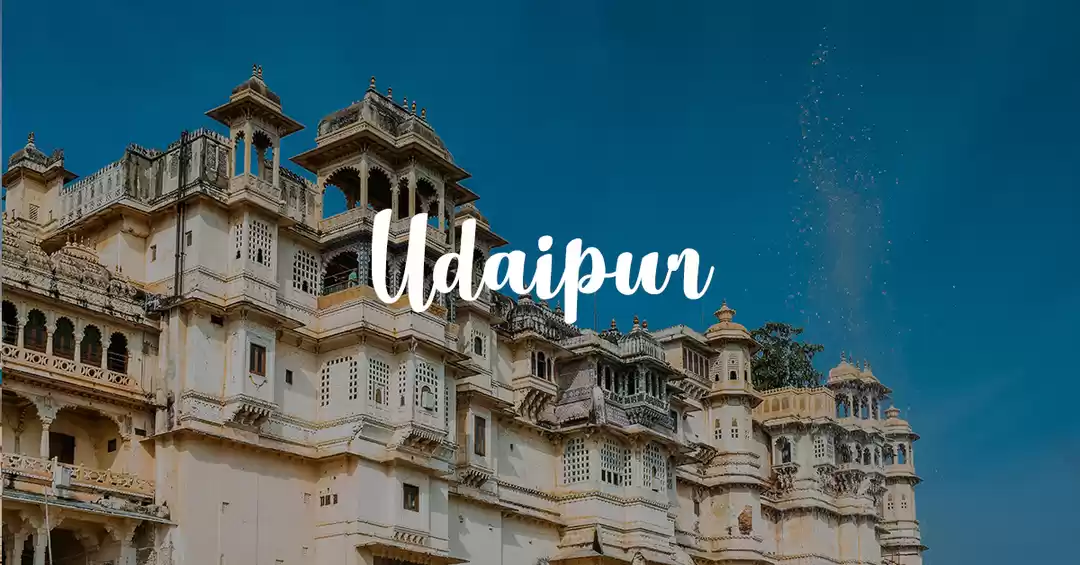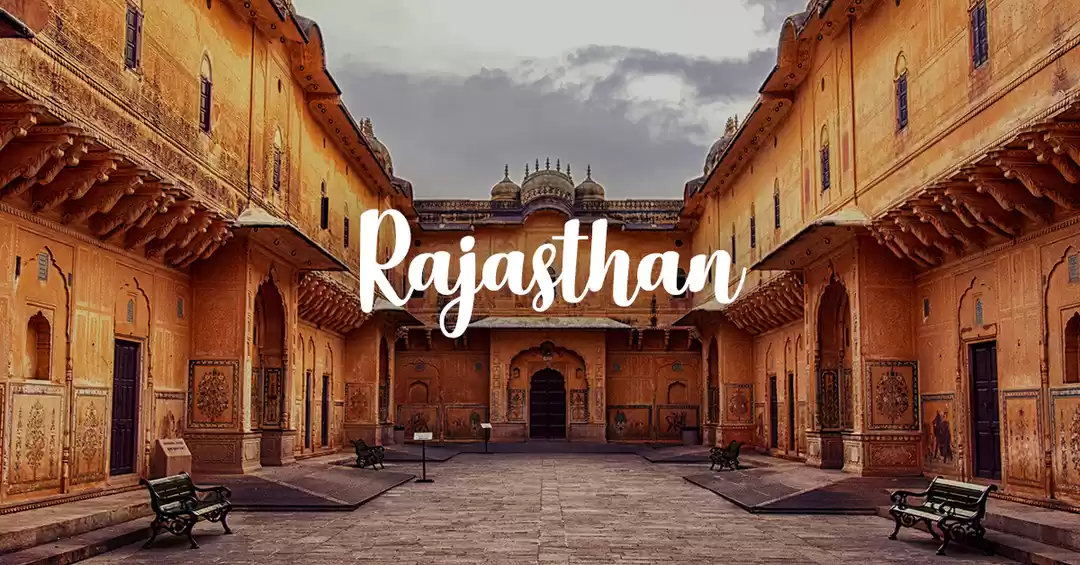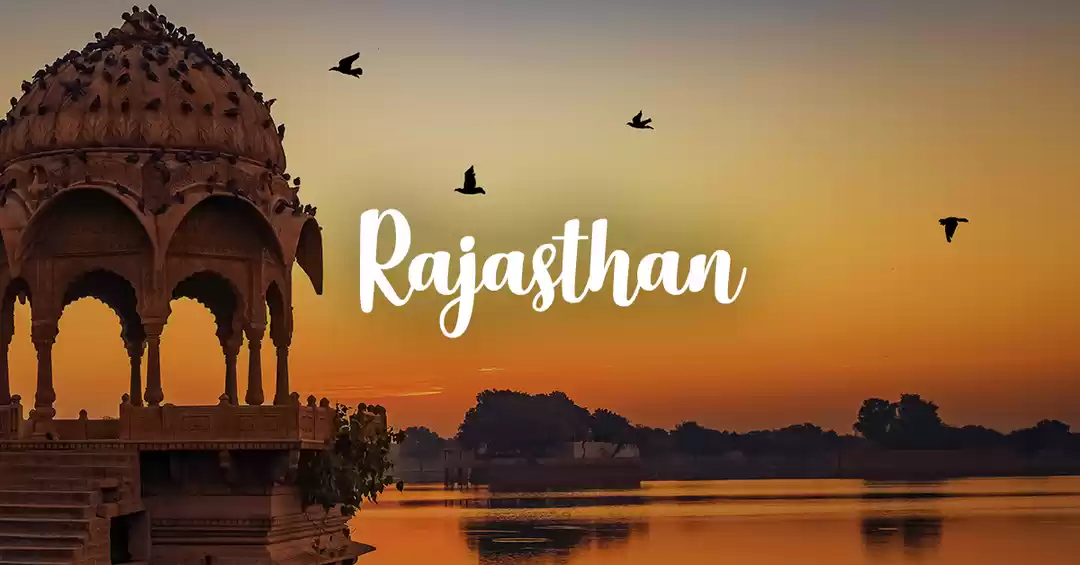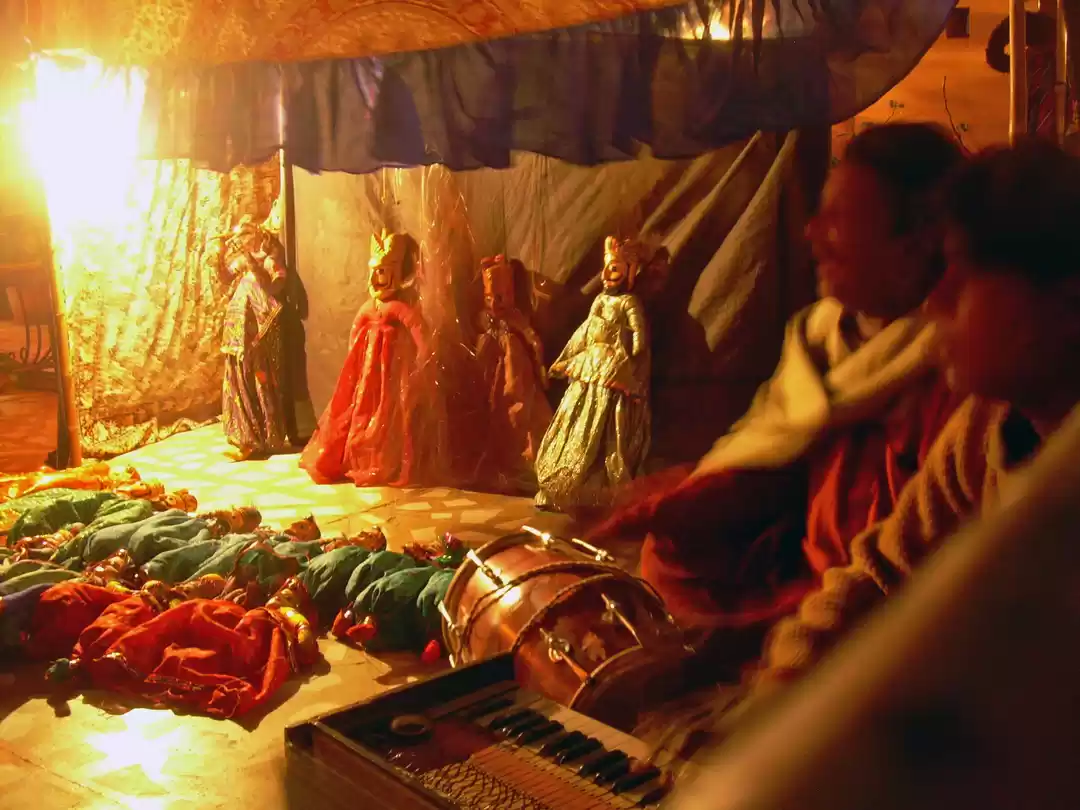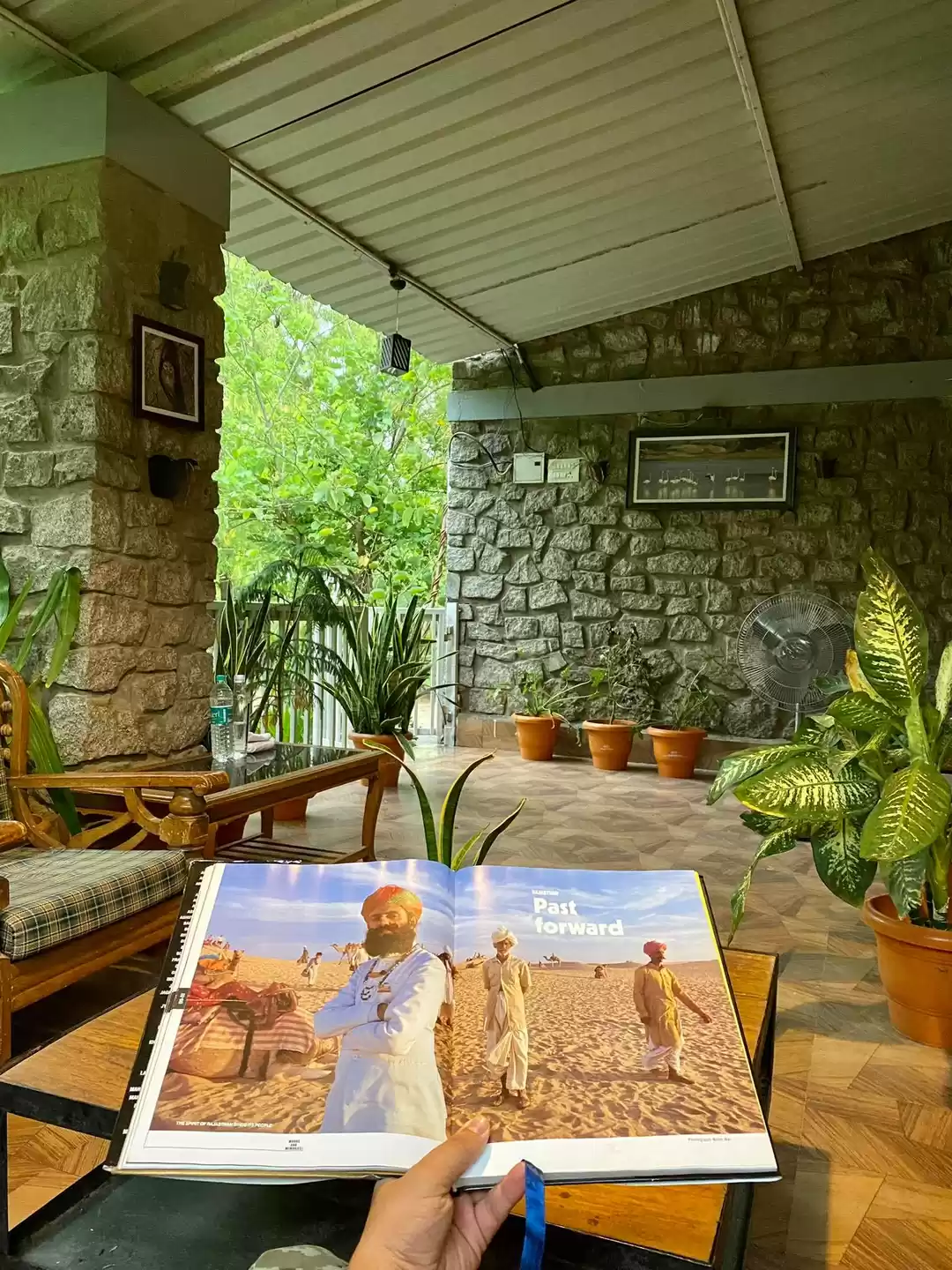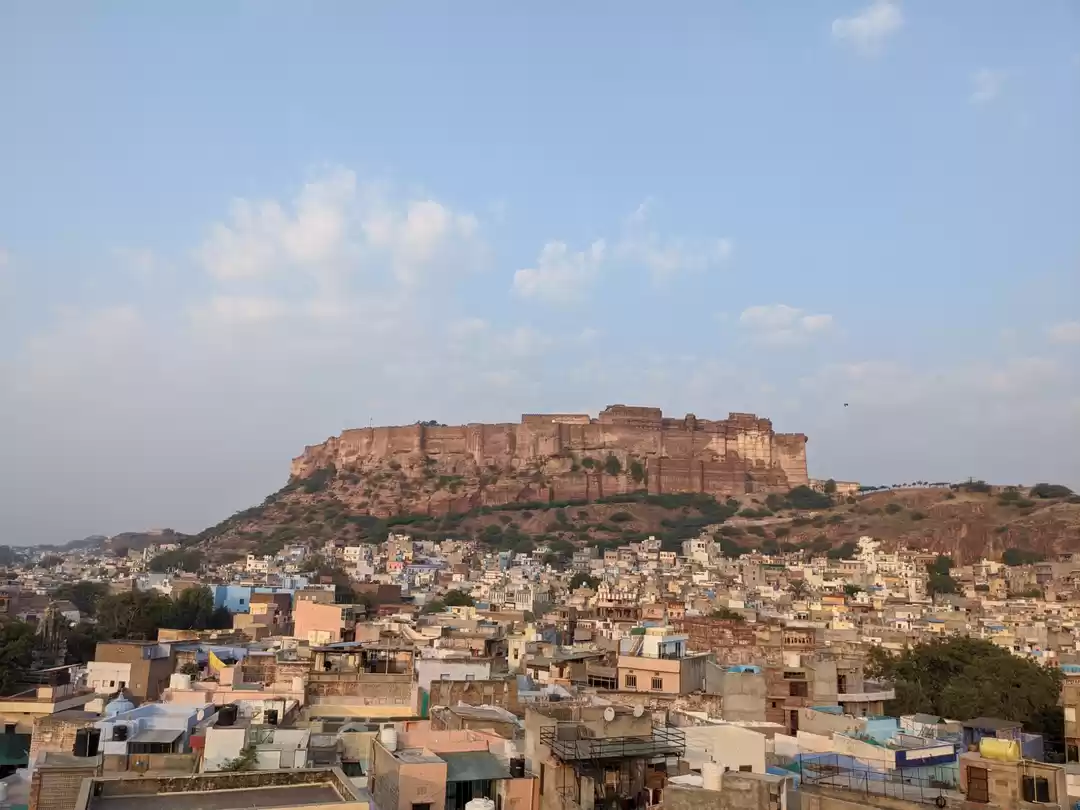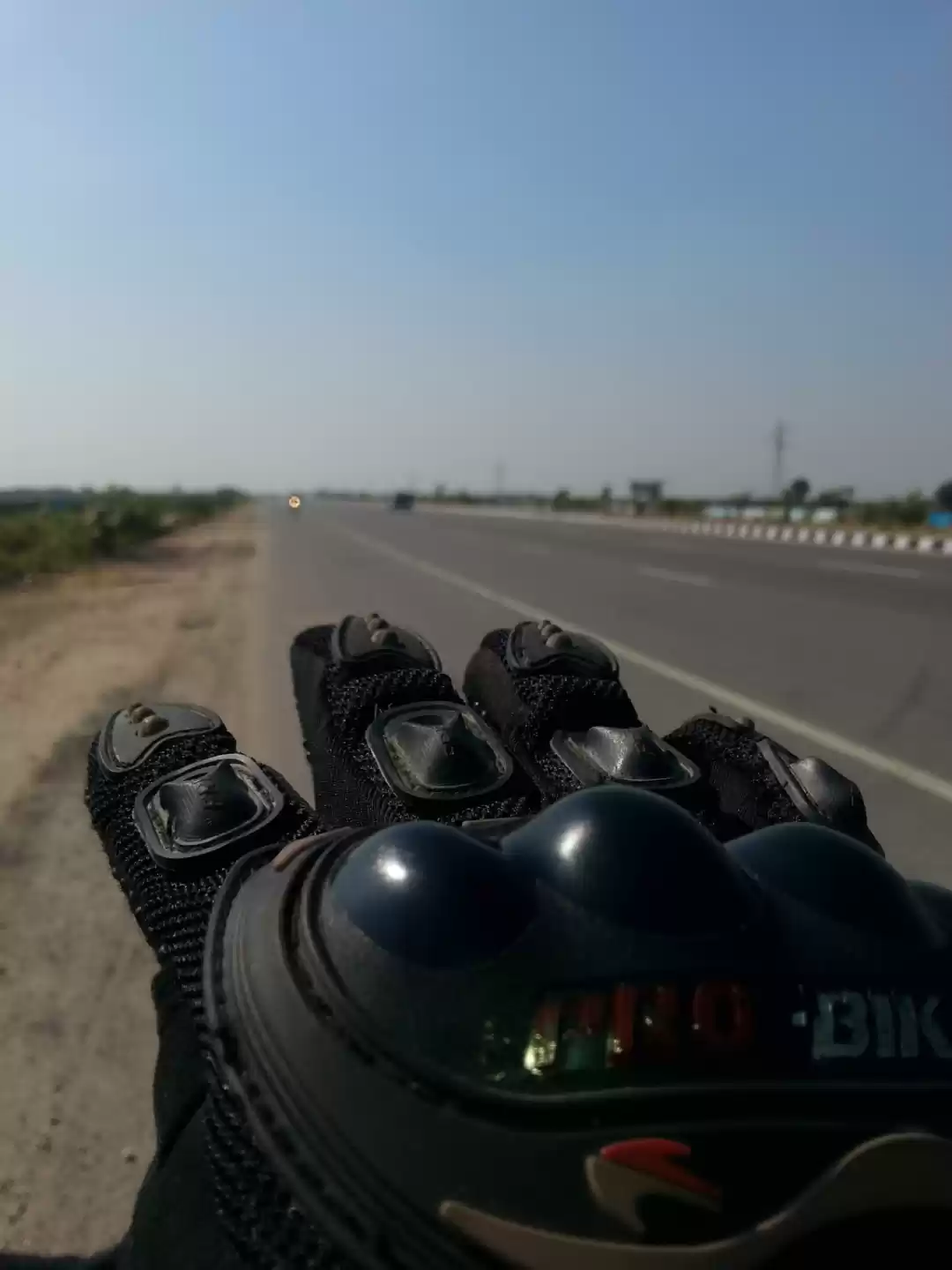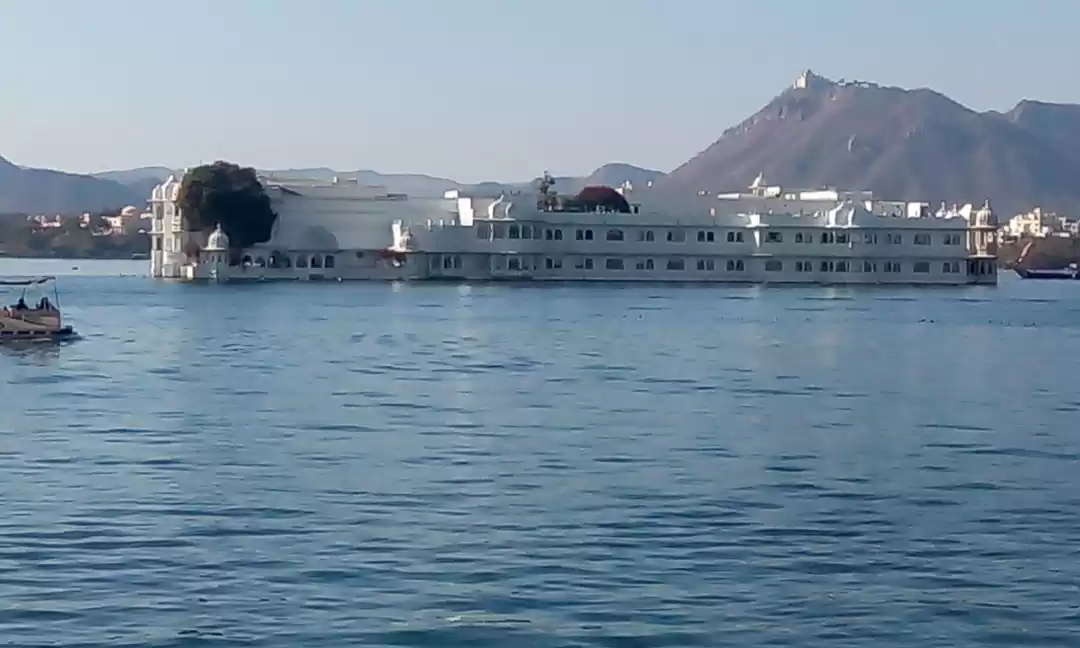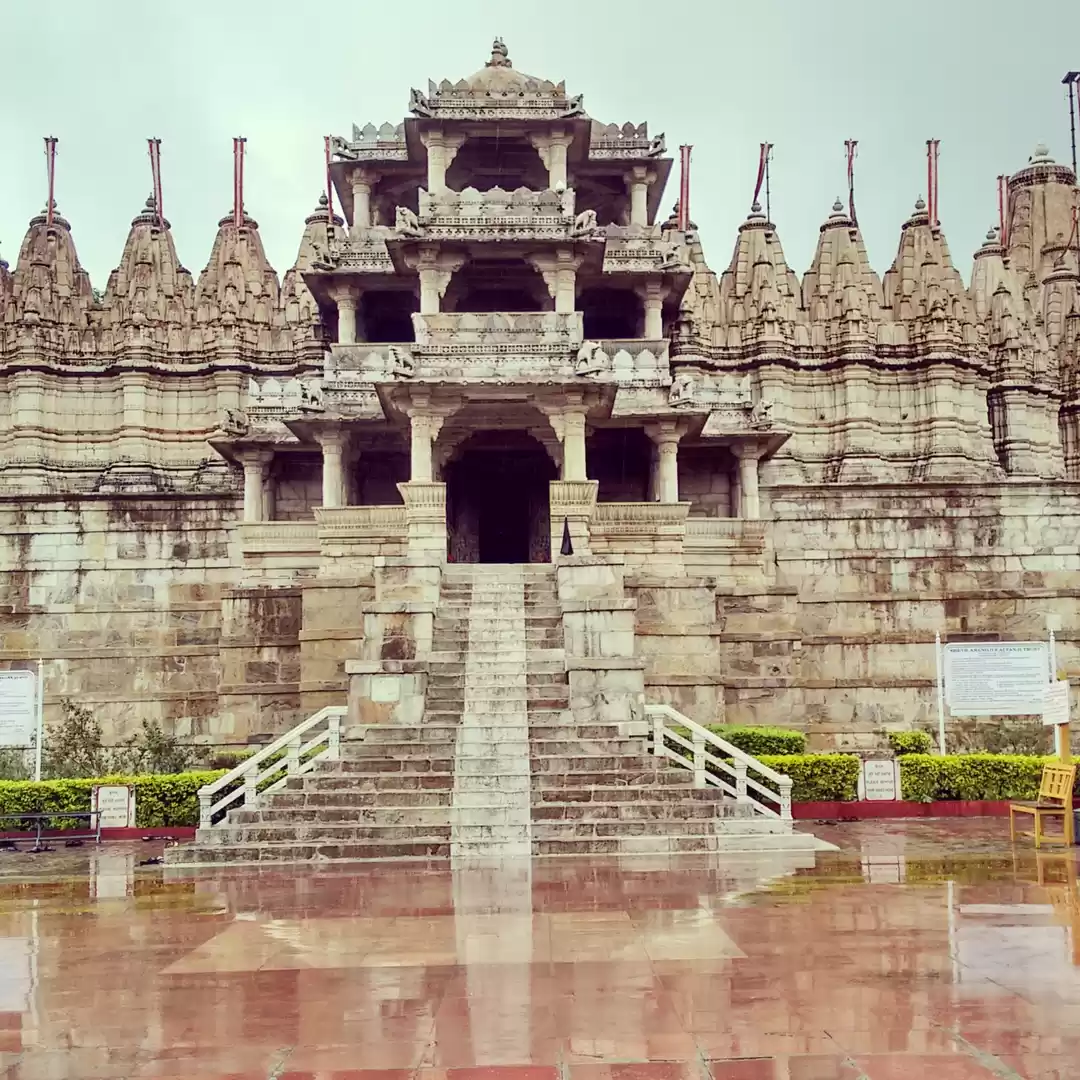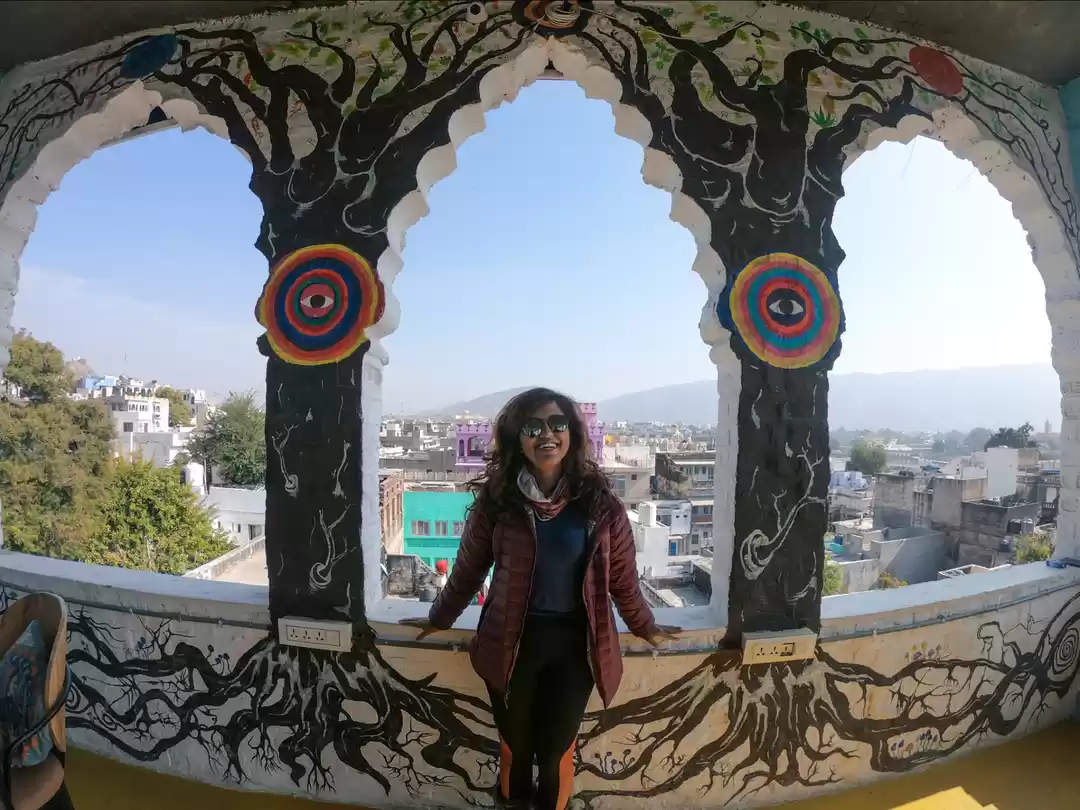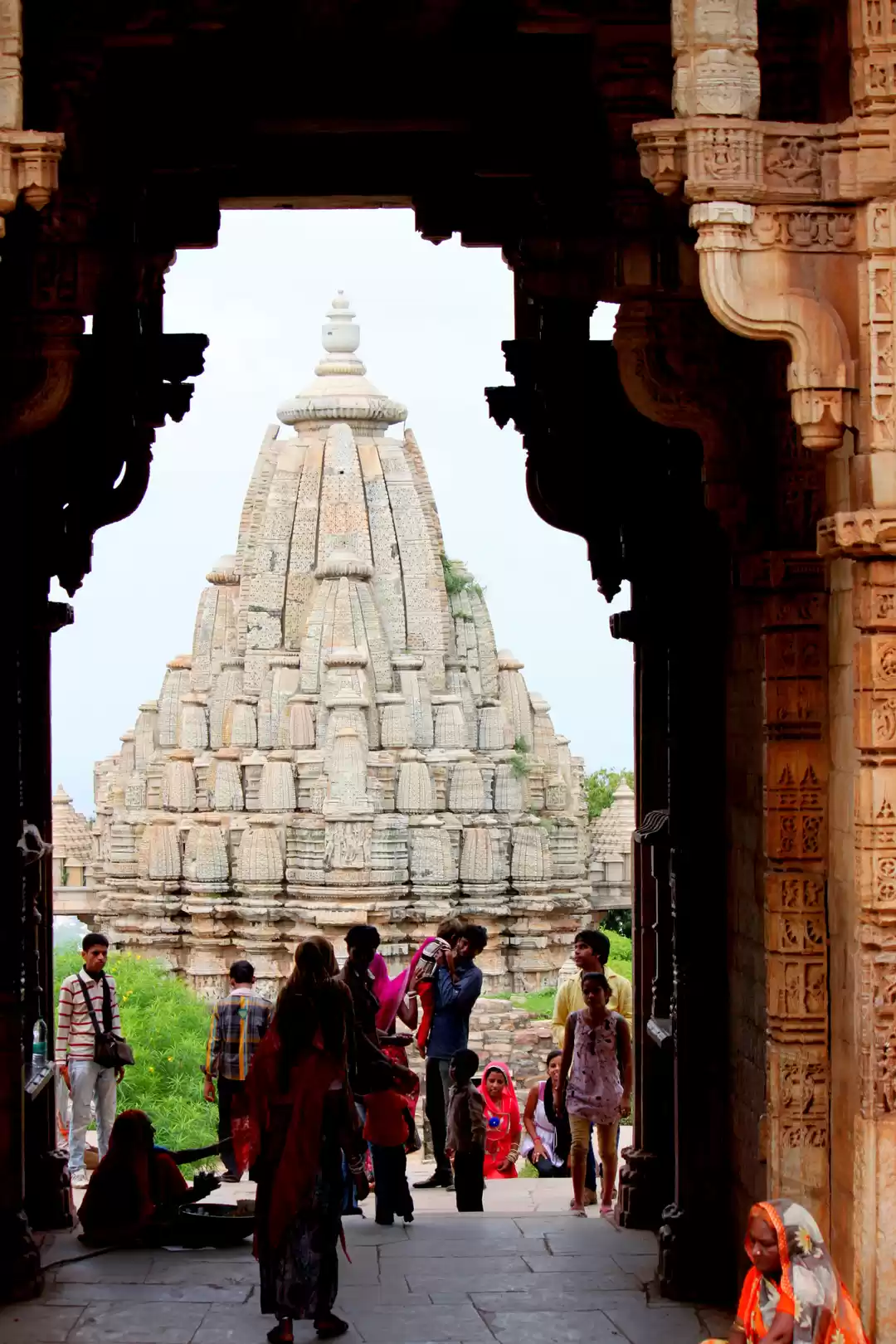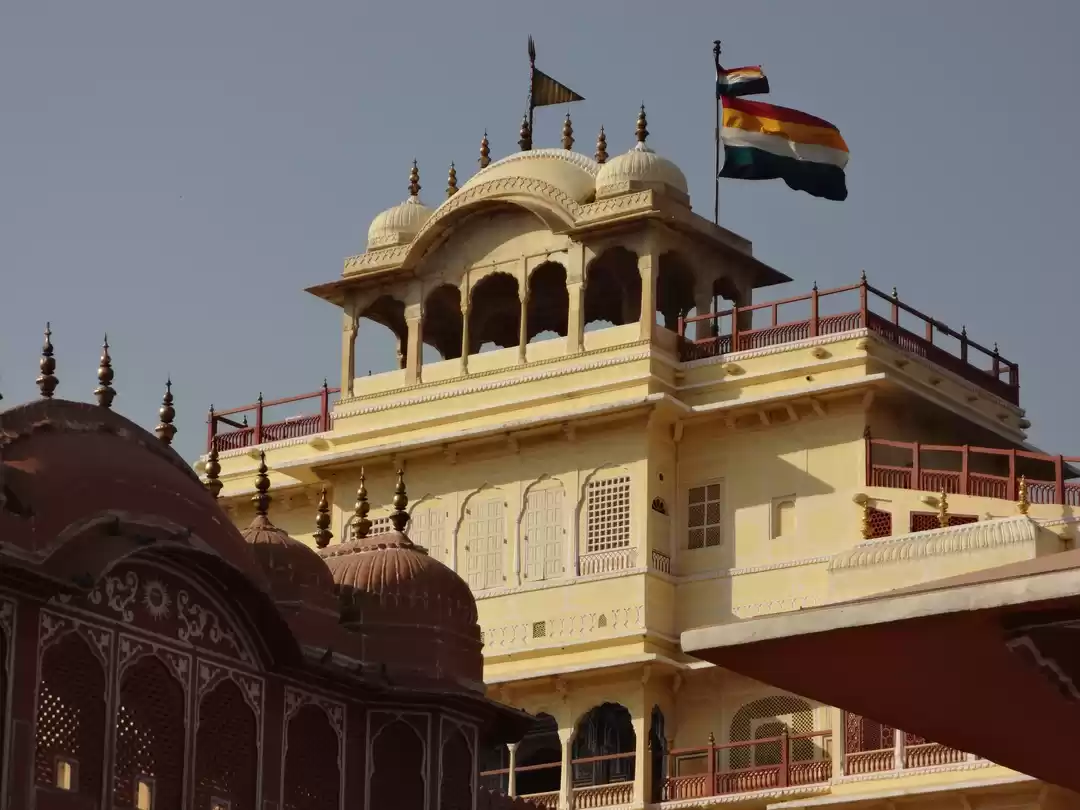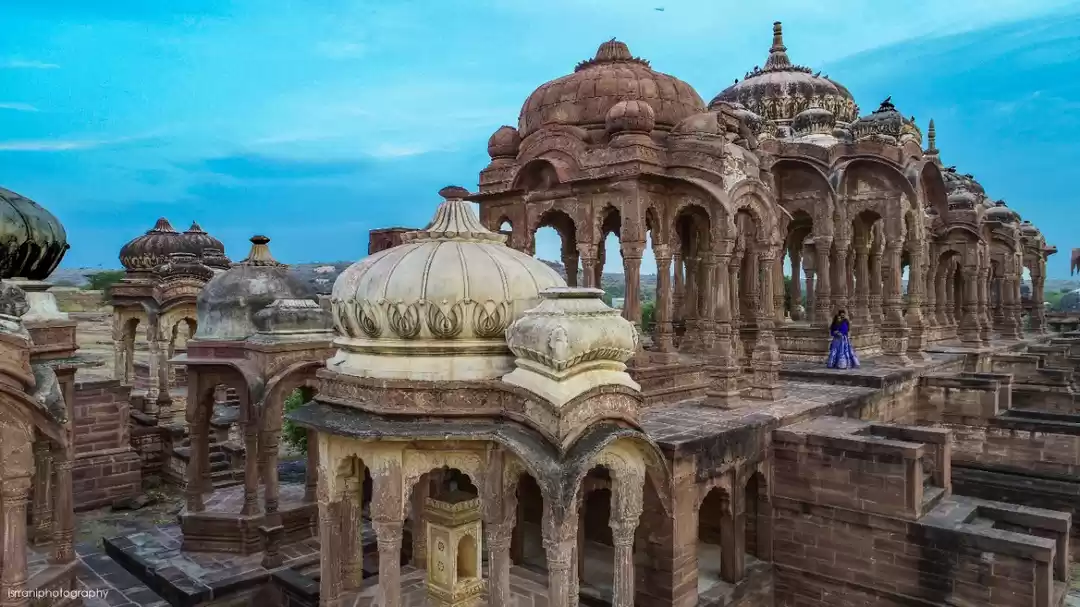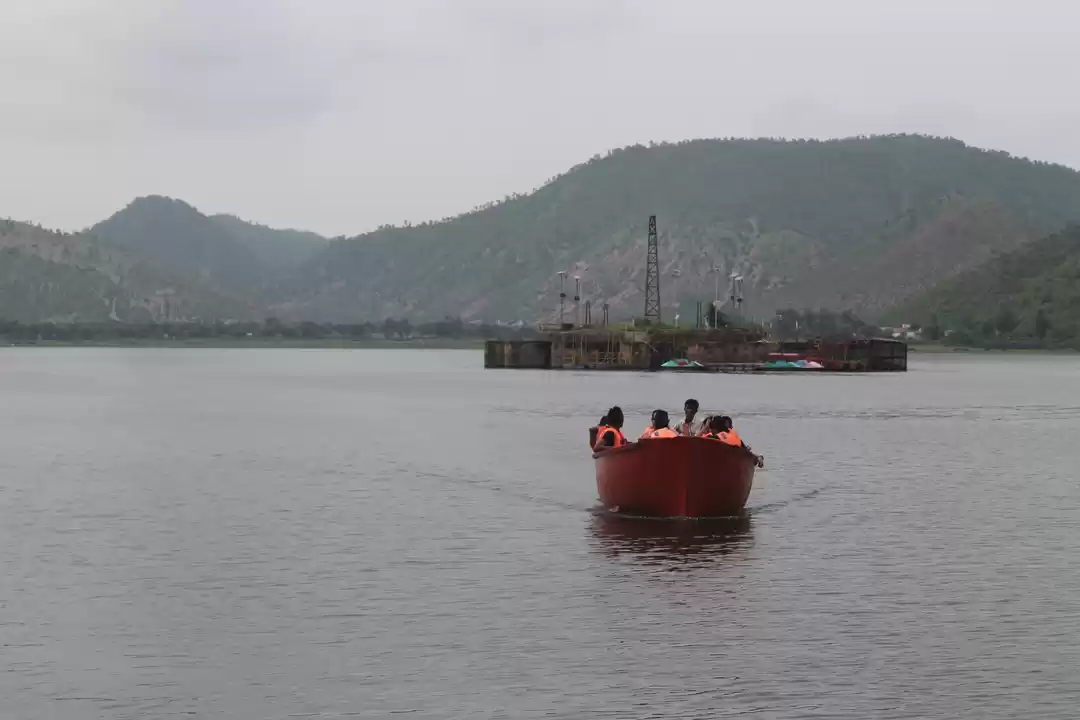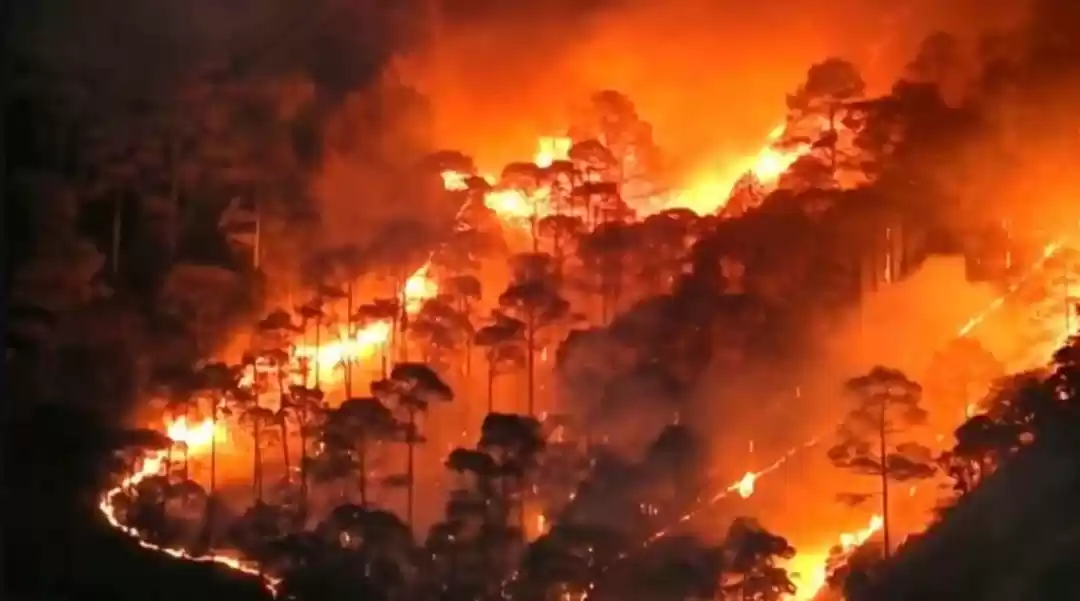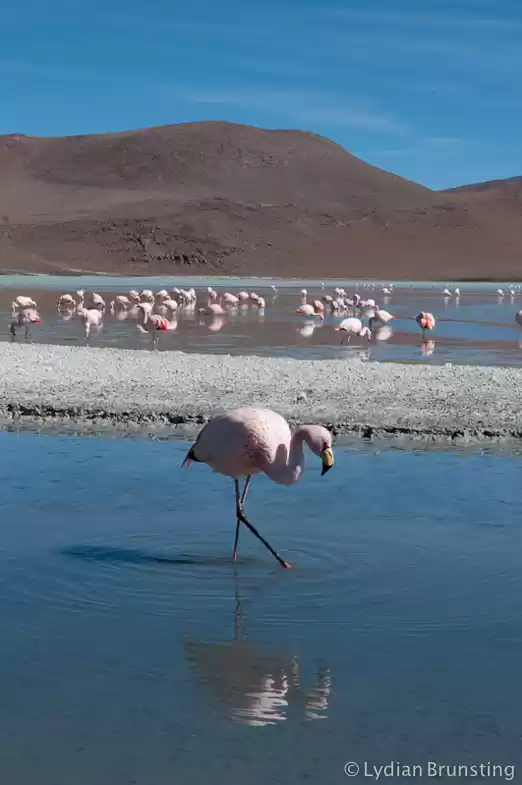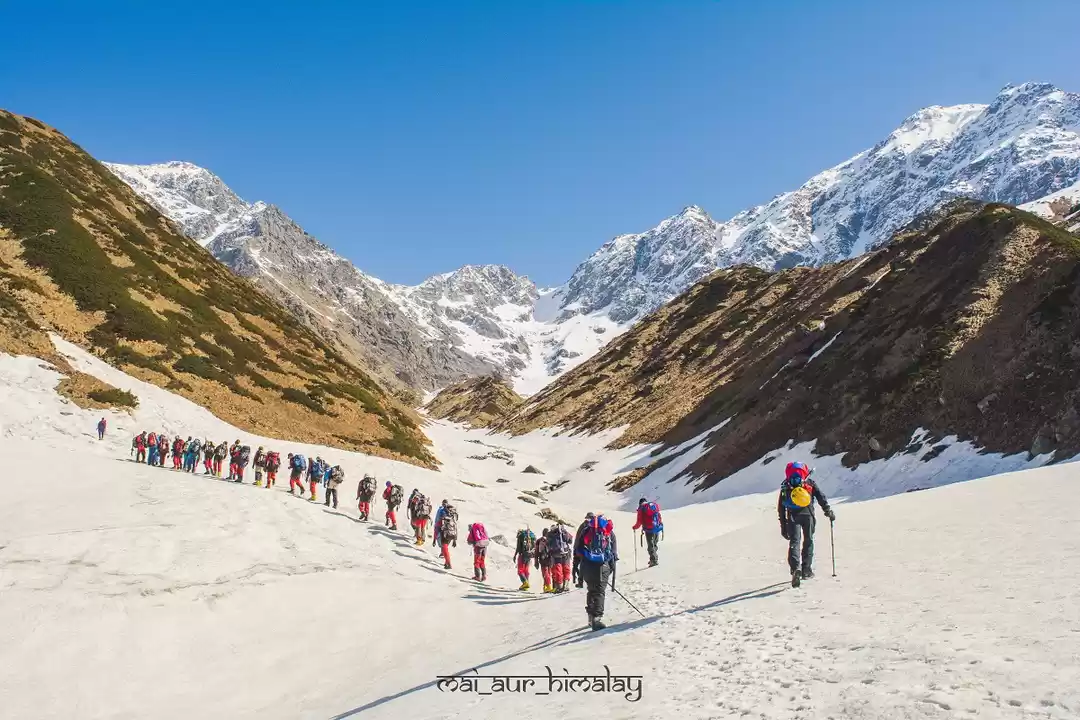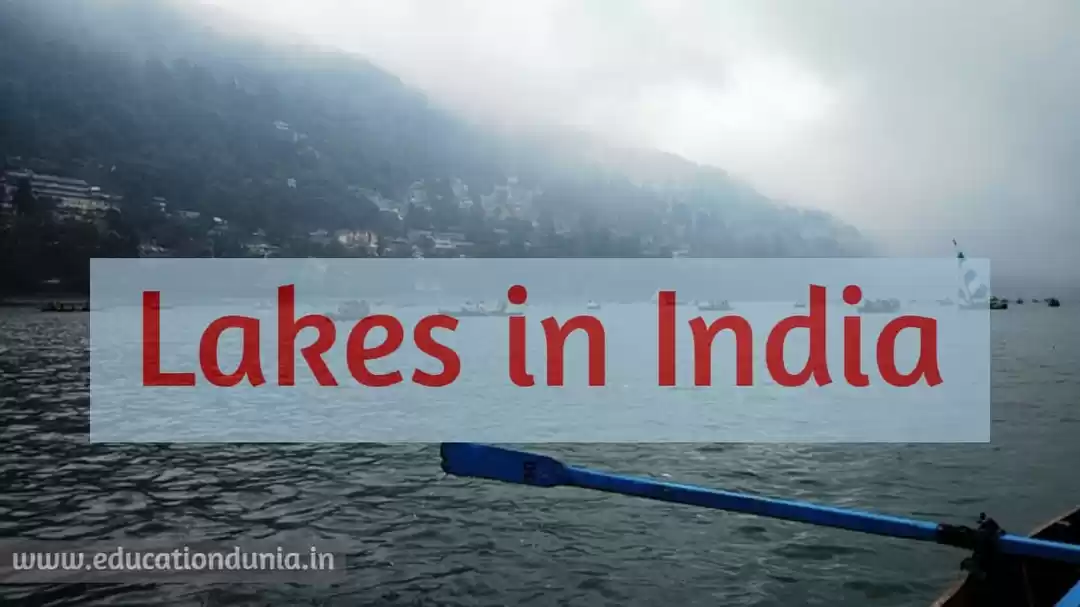
Rajasthan’s Sambhar Lake has turned into a graveyard for birds. Recently, about 18,000 bird carcasses were discovered here. This pushed the Environment Ministry to prepare a draft report for the serious issue. The report puts the lake among the eight worst-rated wetlands in the country, based on ecosystem management.
How were the wetlands ranked?
In August, the environment ministry started preparing a health index of 100 major wetlands in India. However, most officials associated with the process are choosing to keep their identities anonymous.
According to sources, the ministry asked the state forest departments to assess wetlands in their territories. The parameters for assessing the wetlands included suitability of water quality for aquatic life, the extent of plant invasion in water bodies and inflow and outflow of water channels.
These wetlands were then rated on eight levels with A being the best and E being the worst. Places like Keoladeo National Park in Bharatpur, Little Rann of Kutchh in Gujarat, and the Sunderbans in West Bengal rank best with A rating.
The lowest categories, D and E, have a total of 34 wetlands falling under them. Sambhar Lake, the largest salt lake in India, Loktak in Manipur and Deepor Beel in Assam have the lowest rating among all.
Cause of deaths

Sambhar Salt Lake is a key area for winter migratory birds. Since November 10, around 17,984 bird carcasses have been discovered. The cause of their death is likely to be avian botulism, a neuromuscular illness of birds.
Reason for bad condition of wetlands
Rajasthan’s environment secretary, Sreya Guha, said that corrective measures are in place. Inputs from National Institute of High Security Animal Diseases (NIHSAD) and Indian Veterinary Research Institute (IVRI) are helping the resolve.
In 2017, the environment ministry prohibited the use of protected wetlands as dumping grounds for waste. The reason for bad condition of wetlands is to be disclosed after the assessment is complete. Sources state that the final peer-reviewed report will be out by early December.
How can things improve?
Goldin Quadros, principal scientist at the Salim Ali Centre for Ornithology and Natural History, commented that the ratings will help understand the root cause better and take the needed actions. He added that the ratings are not permanent and may improve with initiatives taken in the right direction.
Tell us about your views in the comments below or here on Tripoto.
Get travel inspiration from us daily! Save our number and send a Whatsapp message on 9599147110 to begin!

